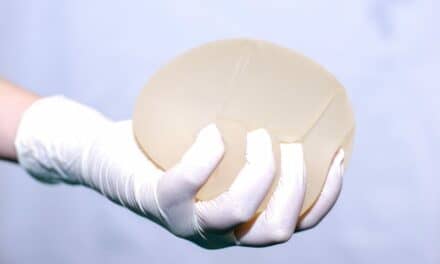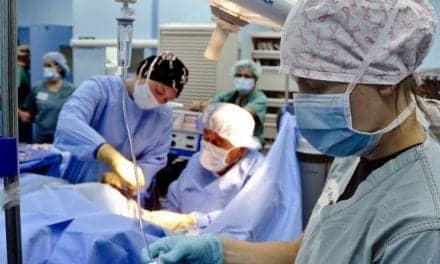 |
Dietary counseling. Sadly, this topic is usually touched on lightly, if at all, during a surgery consult. During my medical school years and years of residency, we prospective physicians had absolutely no courses in nutrition and its effect on healing.
Even today, although I’m aware of more courses being taught, as a breed we mistakenly still do not put much emphasis on preoperative and postoperative nutrition when counseling patients.
Most patients want to get some nutritional information from their physician, and don’t want to just get referred to a nutritionist. I think the patients perceive the physician is more caring and nurturing when he or she can give some nutritional advice, no matter how cursory.
What if just a few bits of nutritional advice caused your patient to heal more beautifully? Reduced their pain level? Decreased scarring? Reduced postoperative calls?
So many of us perform liposuction, tummy tucks, or other procedures to thin obese patients or recontour area defects.
 |
We are aware that a patient’s dietary habits can contribute to many of these physical problems. When a patient asks, “What can I do to prepare for my surgery?” replying with, “Eat your vegetables” just doesn’t seem to be enough.
Recently, I encountered a patient who had a breast augmentation with rapid onset of encapsulation of one of the breasts. She was to undergo a second procedure.
I am aware that excessive bleeding during and after the procedure can often cause that encapsulation. When she asked if she could do something to avoid this in the future, I recommended that she avoid foods or medications that thin the blood or reduce clotting.
She was shocked that her physician had not mentioned this to her. So was I.
What if you or someone in your office took just a few minutes to talk about diet, nutrition, vitamin supplementation, exercise, or even other medical problems that could influence a patient’s recovery?
One of my patients’ tummy-tuck procedures, which was performed excellently, took almost a year to heal. Why? Because what we didn’t know was that she was a heavy smoker, probably had polycystic ovarian disease (which is now known to affect healing and inflammation), and possibly had some thyroid-function problems. One wonders if she had been counseled appropriately prior to surgery, she may have been more careful in preparing herself for surgery and altering her habits.
 |
GOOD NUTRITION = IMPROVED HEALING
More research should be conducted in order to determine what optimum dietary recommendations you should make to preoperative and postoperative aesthetic surgery patients.
I always tell my patients to avoid sugar postoperatively because I strongly believe that doing so decreases scar-tissue formation.
Biochemical communication at the cellular level probably affects the way we heal, and that biochemical balance is affected by the way we live and eat. Exposure to certain toxins in the environment must influence our overall health, as well as healing.
For example, are your patients eating salt-rich foods after surgery? That behavior could influence fluid retention—wound edema.
Certain foods, such as red meat, hard cheeses, and high-protein diets, can alter body pH levels—which, in turn, may alter healing and make the body highly acidic.
What about recommending acupuncture for patients at risk for hypertension and cardiovascular risks? And recommending that patients avoid stress, as stress can affect the immune system?
What supplements do our patients take that they don’t mention, but which may have an impact on the results of surgery and beyond?
|
See also “Supplements and Surgery” by Goesel Anson, MD, FACS, and Terrence Higgins, MD in the August 2005 issue of PSP. |
I always ask my patients what foods and supplements they are taking—this is done after my nurse has interviewed them. And it always surprises me that perhaps 50% of the time I extract additional information from them that was not on the chart.
Some nutritional advice, a printed handout, and/or some counseling will be more helpful than not.
Making nutrition a regular topic during your patient-consultation process will result in patients who believe they are getting high-quality care … and doing so may even let you sleep better at night.
Dolores Kent, MD, FACOG, is certified by the American College of Obstetrics and Gynecology, and is a member of the American Academy of Cosmetic Surgery. She can be reached at or (310) 860-9490.





